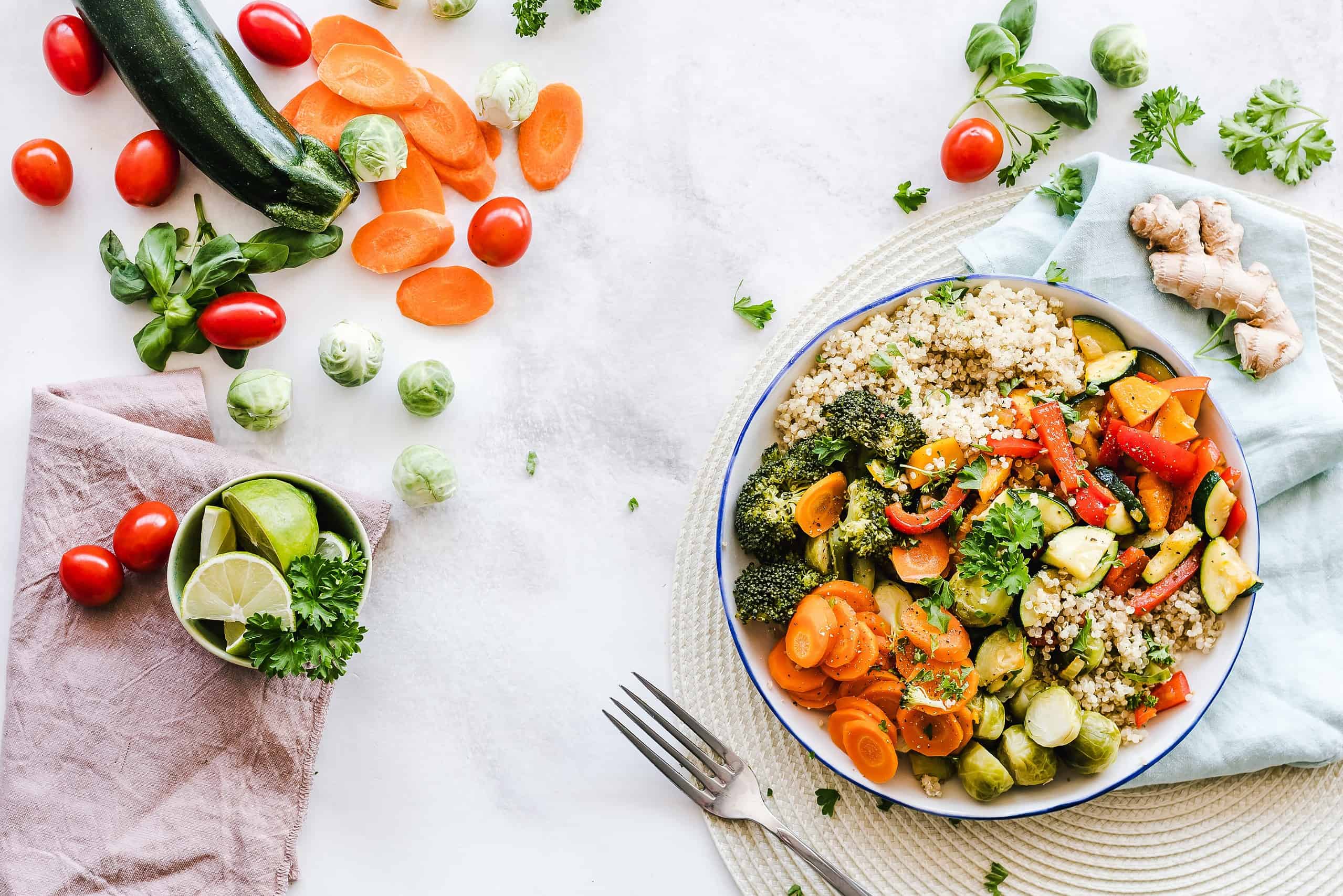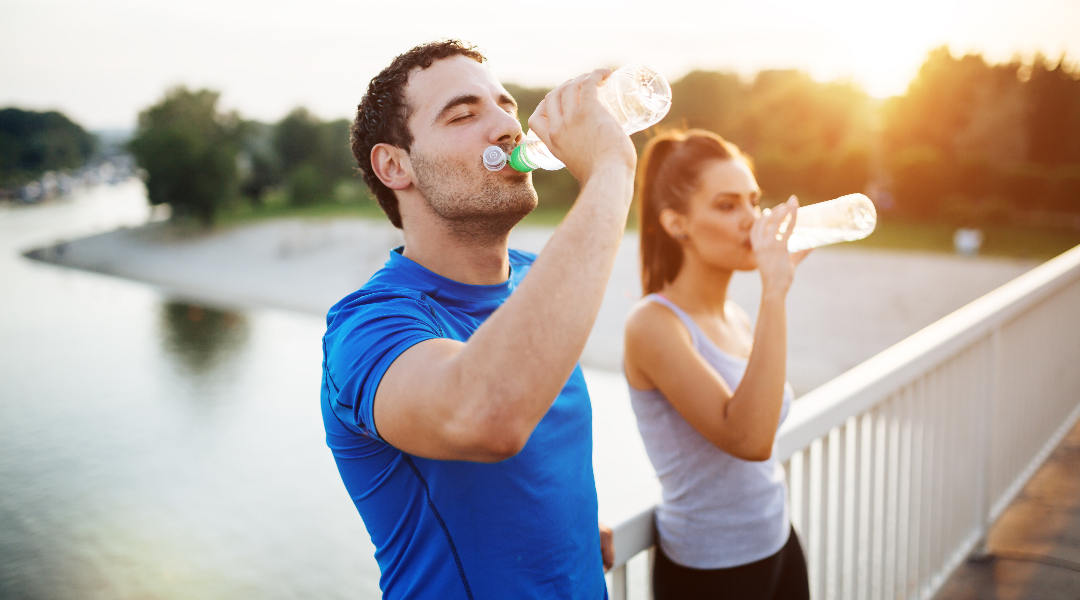
Pre-Workout Nutrition: What to Eat Before Exercising
When it comes to maximizing performance and achieving fitness goals, what you eat before exercising plays a crucial role. Pre-workout nutrition is an essential factor in fueling your body with the energy it needs for an intense workout while also supporting muscle growth and recovery. The right pre-workout meal can make a significant difference in how you feel during your session, enhancing endurance, strength, and overall performance.
Why Pre-Workout Nutrition Matters
During exercise, your body uses stored carbohydrates (glycogen) and fat for energy. If your fuel reserves are not replenished, you may experience fatigue, weakness, or even dizziness. Additionally, muscle breakdown can occur if your body doesn’t have enough fuel to sustain your workout. Consuming the right combination of macronutrients—carbohydrates, protein, and fats—prior to a workout ensures your body has the right energy sources to burn, prevents muscle breakdown, and promotes effective recovery.
Key Nutrients for Pre-Workout Fuel
- Carbohydrates Carbs are the body’s primary source of quick energy during exercise. When you eat carbohydrates, they break down into glucose, which is stored as glycogen in your muscles and liver. These glycogen stores are what your muscles use for energy during physical activity.What to Eat: Whole grains, fruits, vegetables, oats, sweet potatoes, or rice are excellent carbohydrate sources. Ideally, you should aim for a moderate to high-carb meal about 1-2 hours before exercising.
Why It Works: Consuming carbohydrates before a workout ensures that your glycogen stores are topped off, allowing for sustained energy throughout your session, particularly for high-intensity or endurance activities.
- Protein Protein is essential for muscle repair and recovery, but it can also provide some energy during a workout. Having a small amount of protein before exercising helps prime your body to prevent muscle breakdown and support the rebuilding process after exercise.What to Eat: Lean meats like chicken or turkey, eggs, Greek yogurt, cottage cheese, or plant-based protein sources like tofu or legumes are great options. Aim for around 10-20 grams of protein pre-workout.
Why It Works: Protein intake before a workout ensures that your muscles are provided with amino acids, helping to protect them from being broken down during exercise, especially during strength training or high-intensity sessions.
- Healthy Fats While fats are typically used for sustained energy in lower-intensity activities, including some healthy fats in your pre-workout meal can provide long-lasting energy, particularly for longer sessions or moderate activities.What to Eat: Avocado, nuts, seeds, olive oil, or nut butter are excellent sources of healthy fats. However, it’s important to consume them in moderation as they are calorie-dense and can take longer to digest.
Why It Works: Fats provide slow-releasing energy, which can keep you fueled during longer, lower-intensity exercises such as cycling or steady-state cardio.
- Hydration While hydration isn’t a macronutrient, it’s just as critical as food when preparing for a workout. Dehydration can lead to fatigue, muscle cramps, and decreased performance. Be sure to drink water before, during, and after exercise to stay hydrated and maintain optimal performance.What to Drink: Water is the best choice, but for longer or more intense workouts, a drink with electrolytes (like coconut water or an electrolyte-enhanced sports drink) can help replenish the minerals lost through sweat.
Why It Works: Proper hydration supports muscle function, helps maintain endurance, and ensures that your body can effectively use the nutrients you’ve consumed.
Timing Your Pre-Workout Meal
When to eat is as important as what to eat. For most individuals, consuming a balanced meal 1.5 to 2 hours before exercising is ideal. This gives your body enough time to digest and absorb the nutrients. If you’re short on time, a smaller snack 30-45 minutes before your workout can provide the necessary fuel without causing discomfort.
Sample Pre-Workout Meals and Snacks:
- 2 hours before: Grilled chicken with quinoa and roasted vegetables.
- 1 hour before: A smoothie made with banana, spinach, Greek yogurt, and oats.
- 30 minutes before: A slice of whole grain toast with almond butter and a few slices of banana.
Conclusion
Pre-workout nutrition is an essential part of optimizing your performance and supporting muscle growth and recovery. Focus on consuming a balanced meal with carbohydrates, protein, and healthy fats, while staying hydrated. By carefully planning your pre-workout nutrition, you can boost your energy levels, improve endurance, and achieve better results from your workouts.


